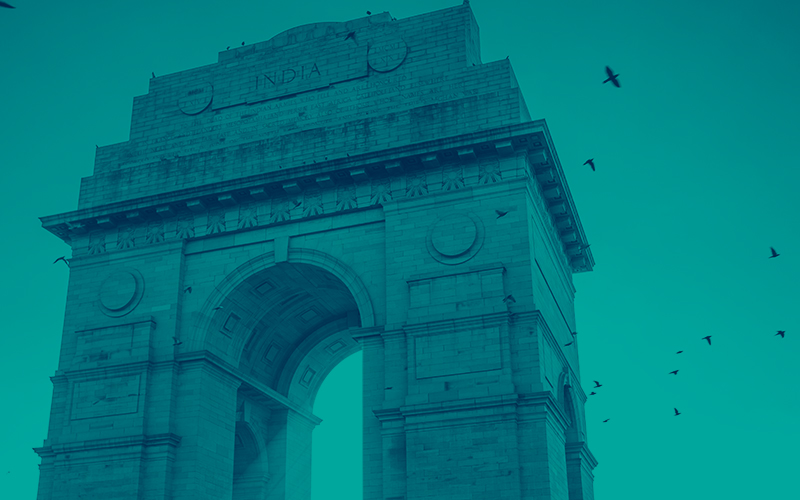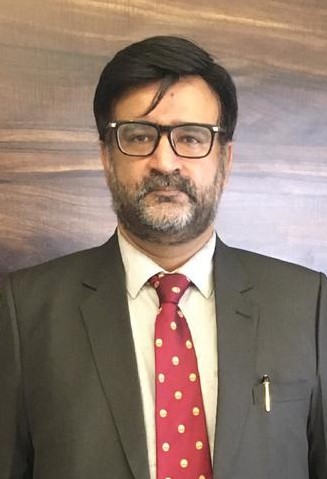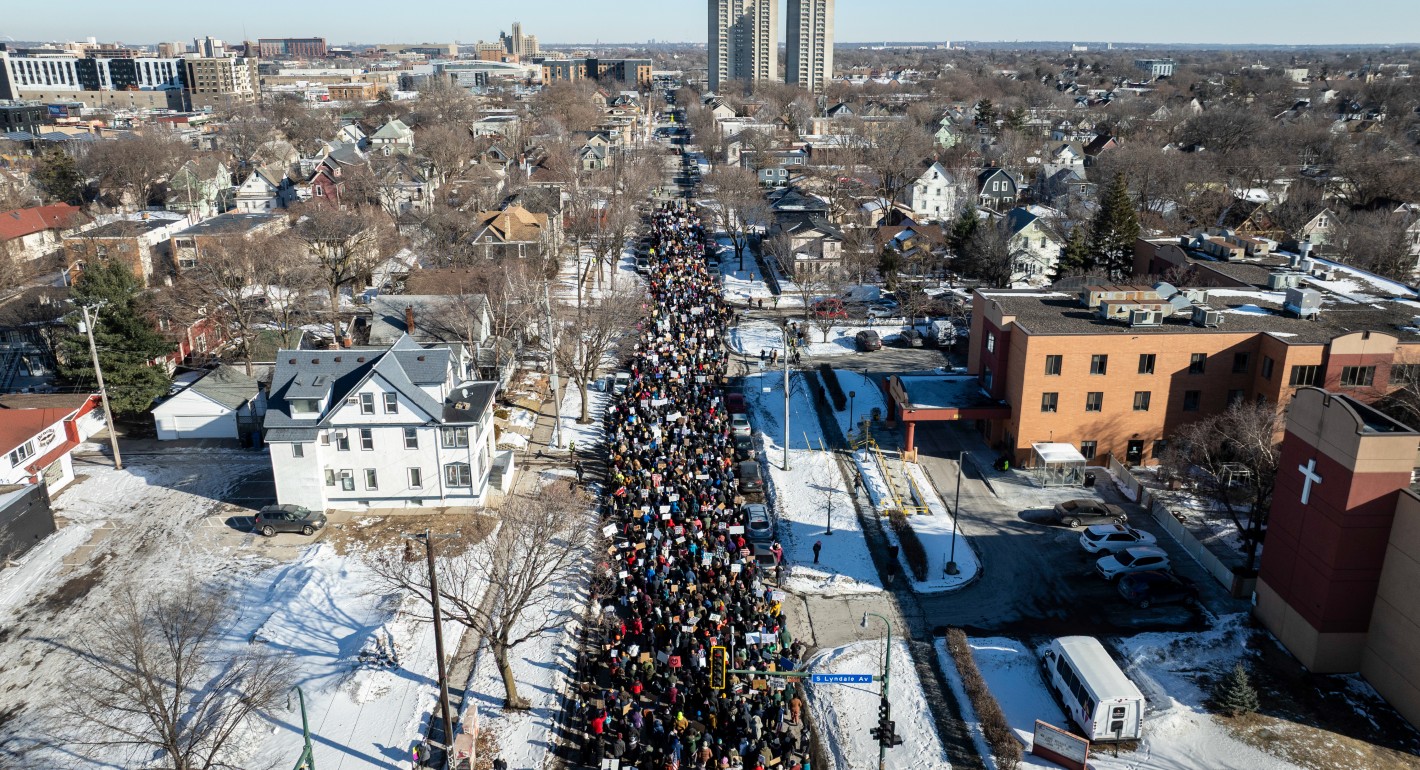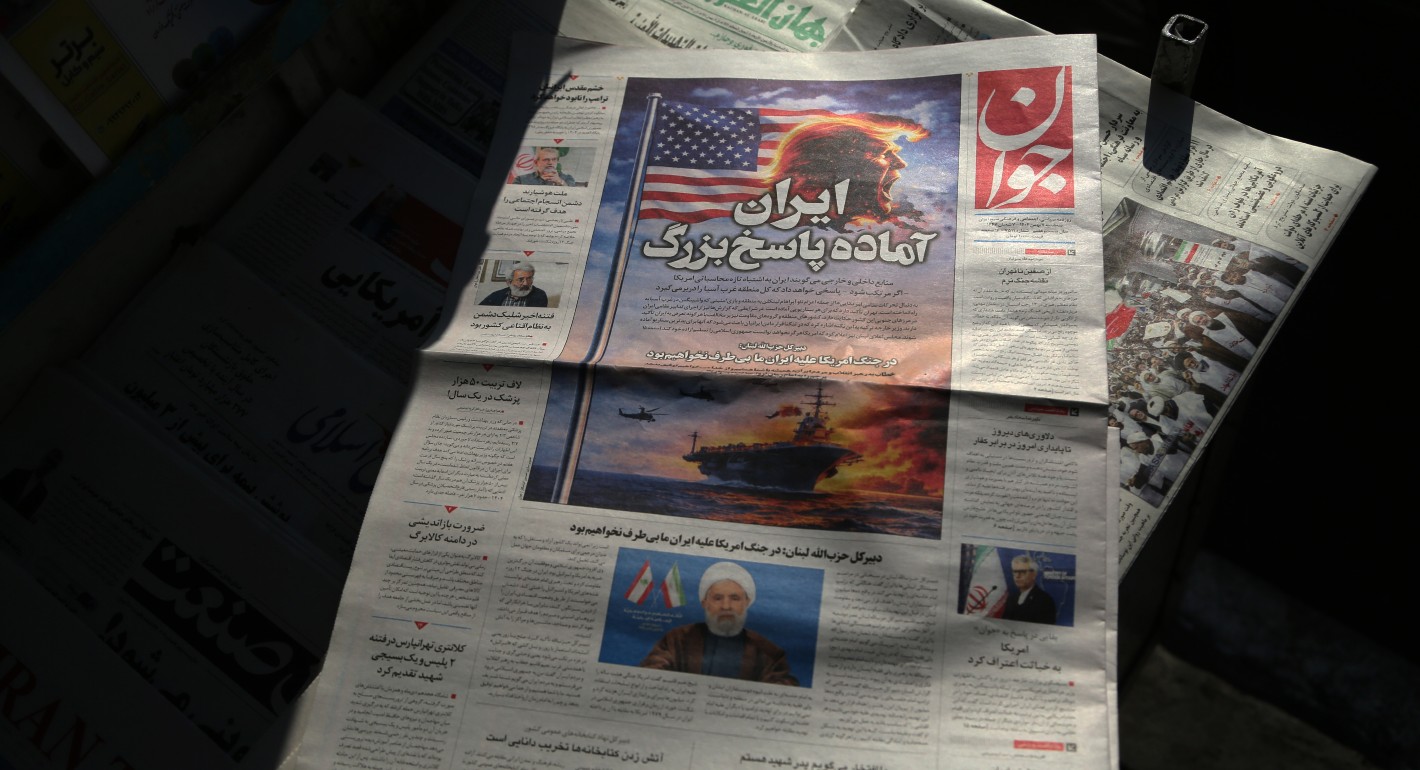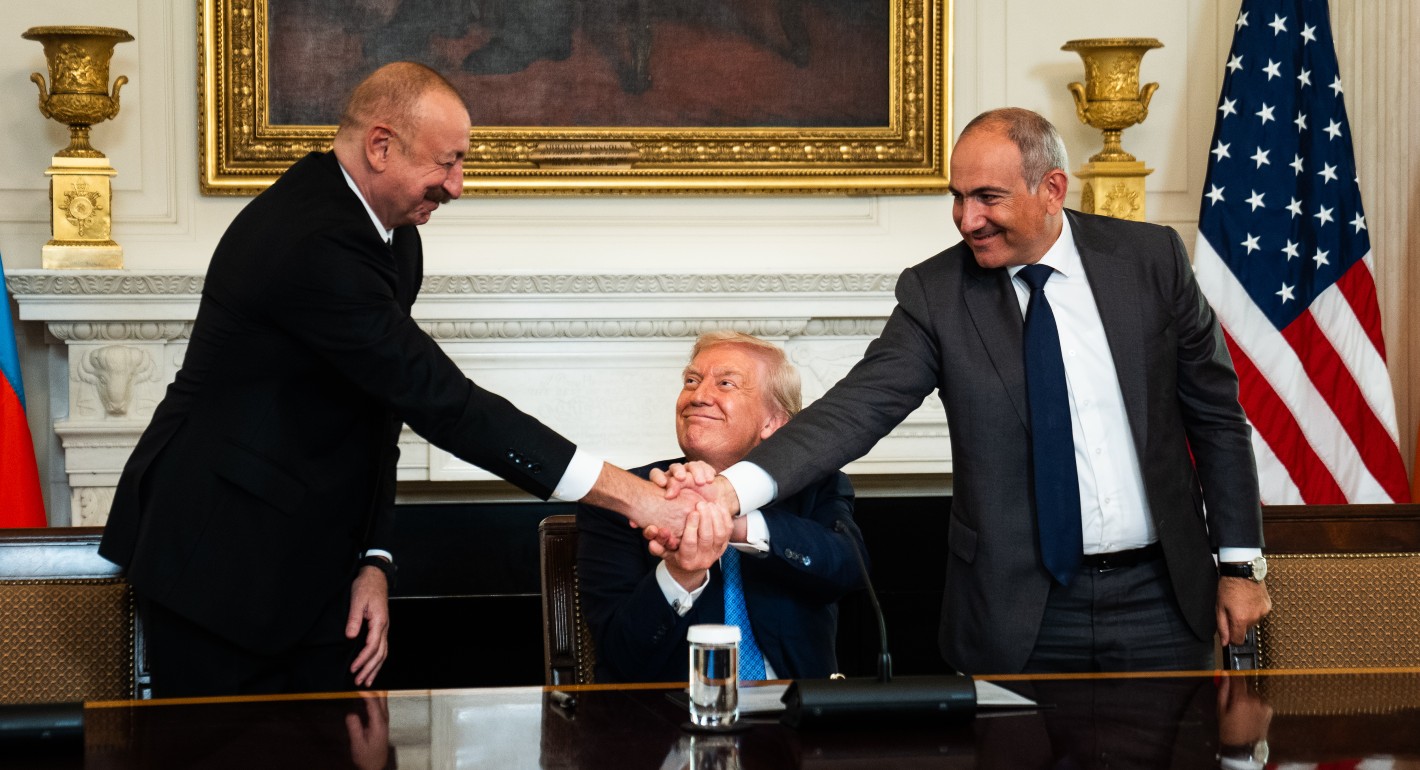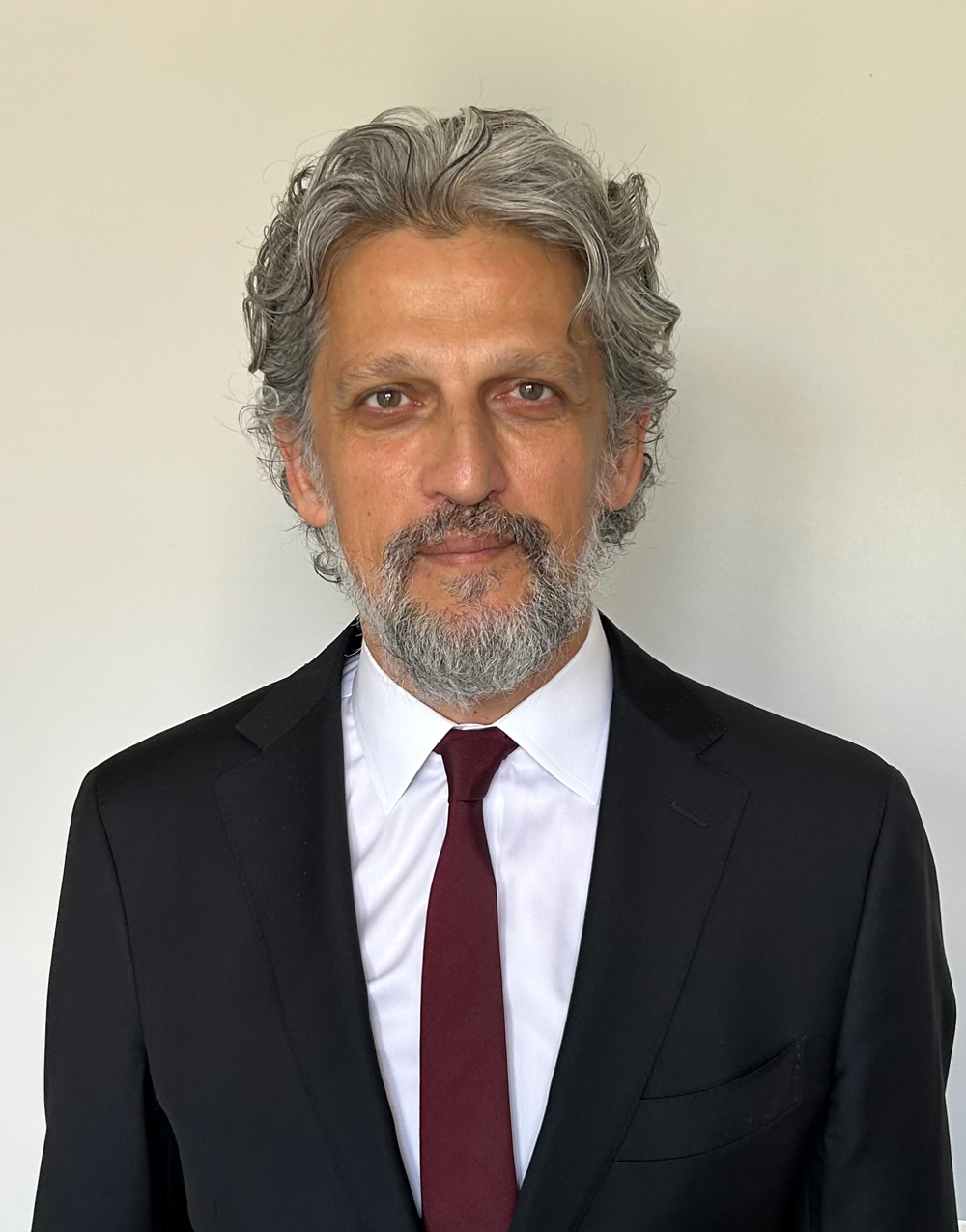Today the Carnegie Endowment for International Peace India announced that Dr. Anit Mukherjee will be the next director of Carnegie India, the New Delhi-based research center.
{
"authors": [
"Konstantin Gaaze"
],
"type": "commentary",
"centerAffiliationAll": "",
"centers": [
"Carnegie Endowment for International Peace",
"Carnegie Russia Eurasia Center"
],
"collections": [],
"englishNewsletterAll": "",
"nonEnglishNewsletterAll": "",
"primaryCenter": "Carnegie Russia Eurasia Center",
"programAffiliation": "",
"programs": [],
"projects": [],
"regions": [],
"topics": []
}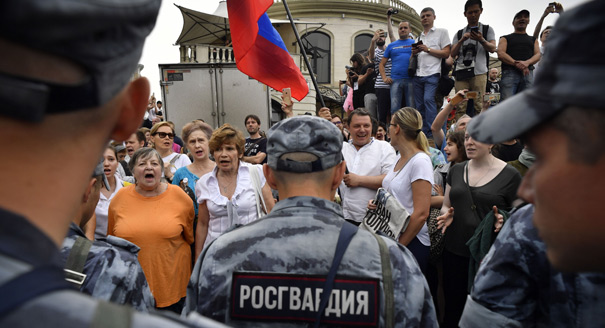
Source: Getty
As Putin’s Authority Dwindles, Protests in Russia Are Newly Effective
Having lost his leadership, President Putin now has one chance to carry out major reform that would at least temporarily restore the status of national leader to him. The problem is that after twenty years at the helm, he needs to offer society something a little more solid than the national projects. His final reform must in some sense put an end to the way of ruling the president has adhered to since he first came to power: i.e., using brute force to rule the country.
It’s possible to be president but not a national leader, and President Vladimir Putin is currently living proof of that. The president’s ratings are declining, and following the unpopular move to raise the retirement age, people now expect very little of him. Crucially, ordinary Russians are increasingly employing a demanding tone in their dealings with various authorities.
While it’s not yet true to say that Russia is in flames, it can certainly be said that it’s out of control, and one of the reasons is the lack of hegemony in the Kremlin: a lack of strategic leadership or the ability to organize the next five years through to 2024, when Putin’s final presidential term ends.
Leadership entails many things, but the most important of them are the ability to set the agenda, not to follow it; the effectiveness of the apparatus converting instrumental advantages into political status for the leader; and a motivated coalition of support that gets regular boosts. In Russia’s case, all three components are compromised.
For Putin, the period of time since 2014 has been characterized not only by the rise and fall of the coalition of support for him that formed following Russia’s annexation of Crimea that spring, but also by the gradual loss of strategic initiative. The deadly mall fire in Kemerovo, opposition protests led by Alexei Navalny, public outcry over a landfill site in the Moscow region town of Volokolamsk: it’s these events and others like them that have set the agenda for the past few years, instead of the much-vaunted national projects—a roadmap for Russia’s strategic development—or the president’s foreign policy initiatives.
The Kremlin devises an agenda, Putin approves it, and then it all goes out the window and they are forced once again to act not according to the agenda, but what real life has thrown at them. The case of Ivan Golunov, the investigative journalist recently arrested on fabricated drug charges before being freed following a public outcry, is a classic example. While the president was making his keynote address on the stage of the St. Petersburg International Economic Forum, the entire world turned its back on him to watch the intricacies of the abuse of power rife within the Russian police.
The presidential administration’s authority as the country’s main political institution has gradually been eroded until it no longer holds the reins. Fear of the boss prevents members of Putin’s current domestic policy team from putting forward initiatives, while initiatives are just what the president demands, focused as he is—and as he was five years ago—on foreign policy. Consequently, the administration is reactive rather than proactive.
The presidential administration constantly finds itself taken hostage: by mid-ranking security services in the capital in the case of Golunov, and by the local diocese in Yekaterinburg, where protests recently erupted against the construction of a church on parkland, for example. No one fears the administration any more, and it has essentially fragmented into multiple parts: the protocol department that deals with presidential life, the new elite, infinite numbers of current and former security service officials tackling problems as they see fit, and so on. There is simply no one left to deal with issues such as elections and the handover to Putin’s successor.
National policy has effectively turned into a dimension of realpolitik: the process of dividing up the economic legacy of Putin’s reign among those closest to him.
The political dimensions of initiatives to appropriate money from ordinary people, from the unpopular Platon toll system that targets truckers to the so-called trash tax included in utility bills, are not assessed before they are implemented: decisions are taken on the fly. And then it turns out that a wave of trash protests has erupted. Not one of the beneficiaries of these policies stops to ask themselves how their greed might affect their patron: that’s why he’s the leader, after all—to take the blow. But his leadership is discredited, and the latest landfill or tax hurts both the president and the overall system. The authorities either add fuel to the protests by turning the screws, or lose face by backing down.
This second outcome is happening more and more frequently. Ordinary Russians are used to finding themselves confronted with news after the fact: there will be a landfill here, a church here, you owe money for this, and Golunov and others will go to jail on trumped-up charges. In examining the options for resistance, different, unconnected communities of protesters have discovered that the louder and more radical the protest, the greater the chance that the authorities will back down. In their readiness to go back on their plans, the authorities are constantly strengthening the protest movement.
The only thing that is not yet clear is whether a nationwide cash grab or, for example, yet another price hike on gasoline, could go beyond a network of local protests and trigger a coordinated campaign across the country’s biggest regions.
In the Kremlin’s lamentations that ordinary people don’t understand anything about the national projects, an attempt at self-reflection is discernible. It’s as though Putin’s spokesman is saying, “This is all being done for you, it’s just that we haven’t made a good job of telling you about it.” But the attempt to repackage the beleaguered national projects hasn’t worked, and harping on about them to the public yet again won’t help. One more information campaign clearly isn’t going to be enough to silence the din of local discontent.
Can Putin’s leadership—and control over the agenda—be restored? Hegemony has its own dark matter, as the recent driving out of Gypsies from the village of Chemodanovka has shown. The temptation to find the outlines of a consensus against ethnic minorities, state officials, the rich, and so on is enormous. The security services play on this, and will continue to do so.
The alternative is to reform the security services themselves, which currently looks like the only scenario for a nationwide campaign that would be supported by both society and part of the elite. After all, it can’t be ruled out that FSB or police officers might in future want to plant drugs on the children of Russia’s current rulers: no one is immune to retirement or falling from grace, especially during the transition of power.
The trade-off for the president is as follows. He has one chance to carry out major reform that would at least temporarily restore the status of national leader to him. The problem is that after twenty years at the helm, he needs to offer society something a little more solid than the national projects. To put it bluntly, his final reform must in some sense put an end to the way of ruling the president has adhered to since he first came to power: i.e., using instruments of brute force to rule the country.
The other option is to do nothing. But in that case, we will very soon learn the answer to the question of whether people are prepared to tolerate the excesses of a ruling class that are no longer shielded by the authority of the national leader.
Carnegie does not take institutional positions on public policy issues; the views represented herein are those of the author(s) and do not necessarily reflect the views of Carnegie, its staff, or its trustees.
More Work from Carnegie Endowment for International Peace
- A Quarter Century of Nuclear South Asia: Nuclear Noise, Signalling, and the Risk of Escalation in India-Pakistan CrisesPaper
A close study of five crises makes clear that Cold War logic doesn’t apply to the South Asia nuclear powers.
Moeed Yusuf, Rizwan Zeb
- Federal Accountability and the Power of the States in a Changing AmericaCommentary
What happens next can lessen the damage or compound it.
Mariano-Florentino (Tino) Cuéllar
- The United States Should Apply the Arab Spring’s Lessons to Its Iran ResponseCommentary
The uprisings showed that foreign military intervention rarely produced democratic breakthroughs.
Amr Hamzawy, Sarah Yerkes
- Trump Wants “Peace Through Construction.” There’s One Place It Could Actually Work.Commentary
An Armenia-Azerbaijan settlement may be the only realistic test case for making glossy promises a reality.
Garo Paylan
